Q. Why did you choose to become an independent financial professional?
A. The main reason was that I just don't subscribe to the bigger is better mentality permeating financial companies today. I have been fortunate to witness the investment industry from several sides, having worked for a major brokerage house, a mutual fund company, and a bank. The experience and knowledge I have gained make my approach to investment advice unique. I wanted to combine the best of each firm and found that I could only do that as an independent financial consultant. The feedback from my clients since starting my firm has been overwhelmingly positive.
Q. In 1999, you became a Registered Investment Adviser using the name Ashwood Advisors, LLC. Could you explain what that means to your existing clients and individuals interested in doing business with you?
A. That is a great question. The rationale behind becoming a Registered Investment Adviser really stemmed from the financial industry trend toward a fee-only option to traditional commission-based advice. What that means for my existing clients or potential new clients is that they now have an option of conducting business with me for a prearranged fee instead of commissions. For instance, if a new client wanted me to review his current investment holding and prepare a financial plan for him, but not have me actively manage his assets, I can now accommodate this person on a fee basis. For more information on Ashwood Advisors, LLC, advisory services, please contact me to obtain a copy of my Part 2A of the Form ADV.
Q. With the explosion of the Internet, online trading, financial publications, and the availability of investment information, why should people seek the advice of a professional advisor?
A. Maybe the best way to answer that is to give you the answer one of my clients gave to me when I asked him the same question. He said, "Steve, I play in a very competitive softball league during the summer. Our team usually makes it into the state finals every year. I take it very seriously; it's a hobby I really enjoy. But that is what it is—a hobby. I have no delusions of playing center field for the Red Sox next year. The same is true of my investment portfolio. I pride myself on being an informed investor, but I am not a professional." I think what he is saying is true—the availability of information can help inform and better educate investors, but for most people, it can't replace the guidance of a trained professional.

